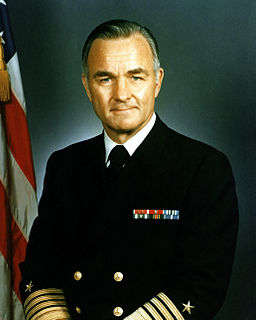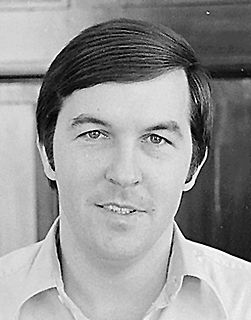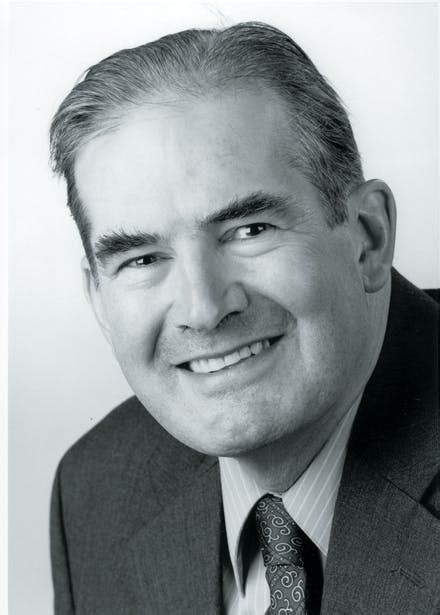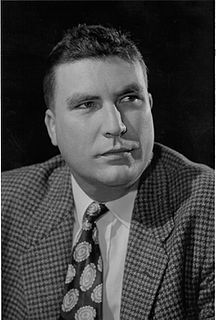A Quote by Stansfield Turner
At 2:26 AM on 3 June 1980, Colonel William Odom of the Strategic Air Command alerted National Security Advisor Zbigniew Brzezinski that the US nuclear warning system had detected an imminent 220-missile nuclear attack on the US. Shortly thereafter, the automated system revised its projection from 220 missiles to an all-out attack of 2200 missiles. Just before Brzezinski was about to wake up President Carter to authorize a counterattack, he was told that the 'attack' was an illusion caused by 'a computer error in the system'.
Quote Topics
Related Quotes
North Korea and China have proposed what sounds like a pretty sensible option that North Korea should end its development of nuclear weapons, the US should stop carrying out hostile military maneuvers on the North Korean border. The US immediately rejected it. Modernization program is a very clear example of how security doesn't matter. There is no gain in security but massive overkill of the adversary's deterrent capacity. The only consequence of it is to elicit the likelihood of a preemptive attack. And a preemptive attack leads to a nuclear winter world.
Take the [1980] Jimmy Carter-Ronald Reagan debate. Carter kept trying to imply that somehow Ronald Reagan was going to push the button, or was irresponsible with nuclear war. You might have been able to make the case that Carter was responsible. But it's very tough when you see a person with Reagan's nice-guy persona up there to believe this guy somehow wants nuclear war, that he somehow wants to antagonize the Russians into an attack. It's just not credible; it doesn't cut with what all your other senses are telling you.
North Korea is making several demands in exchange for giving up their nuclear program, including a promise from America not to attack them. Which is a little strange because for us to attack them we would have to have slam dunk proof that they have weapons of mass destruction. I mean, for Gods sakes people, we're not maniacs. It would have to be an air-tight case. We wouldn't just come in there and start bombing you.
































